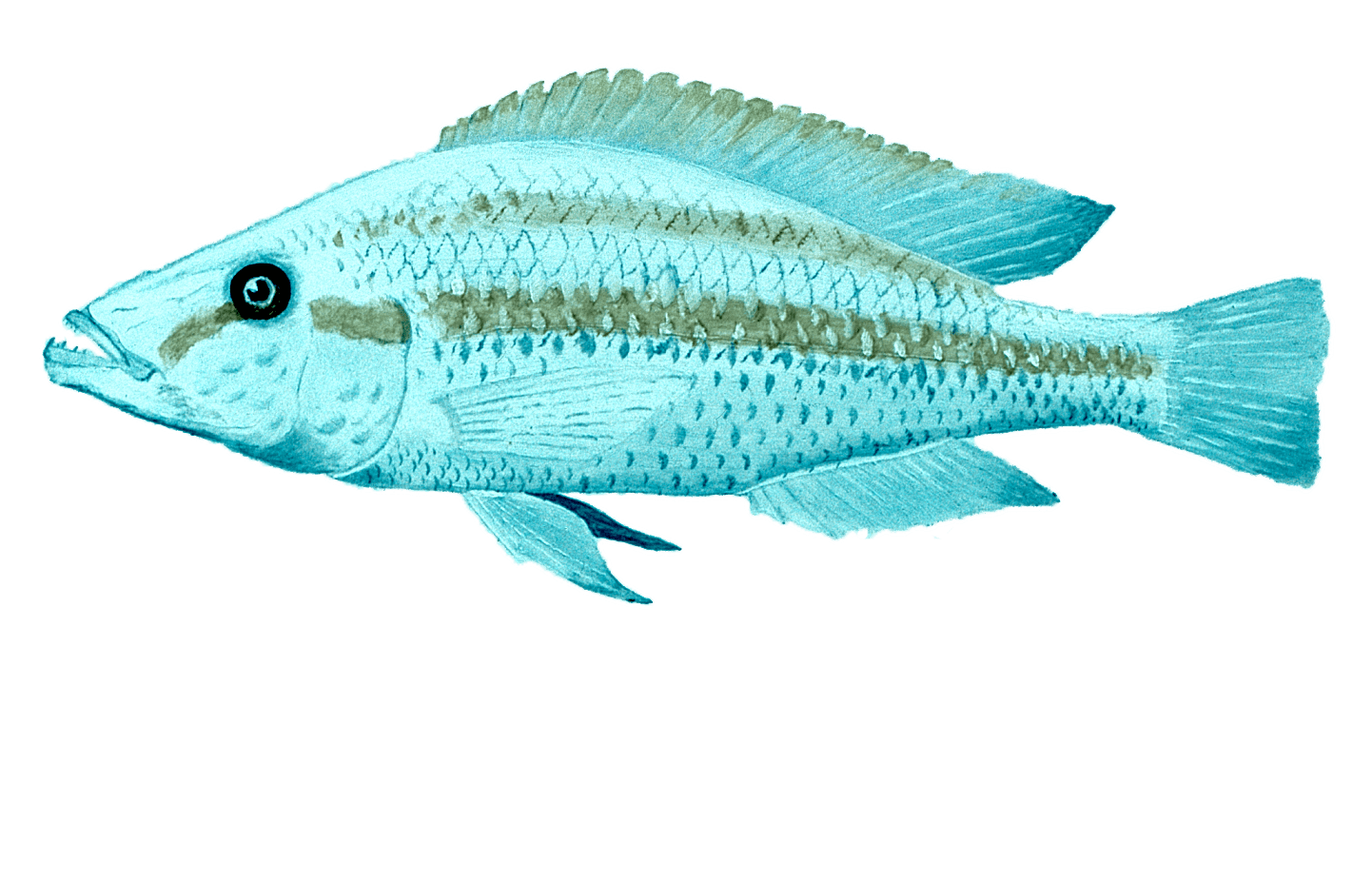Biodiversity Conservation in Lake Malawi
Our previous research has examined how water quality in the nearshore zone is affected by land use, and how changes in water quality may affect the diverse nearshore community. We continue to work with the Malawi Fisheries Department and the Malawi Department of National Parks and Wildlife to monitor water quality in the lake and support management efforts. Specific concerns include nutrient and sediment loading resulting from land use change, the response of nutrient and algal dynamics to climate warming, and the effects of nearshore water quality on ecosystem and human health.
The diverse “mbuna” cichlid community in the nearshore zone.


Nimbochromis livingstonii Dimidiochromis compressiceps

